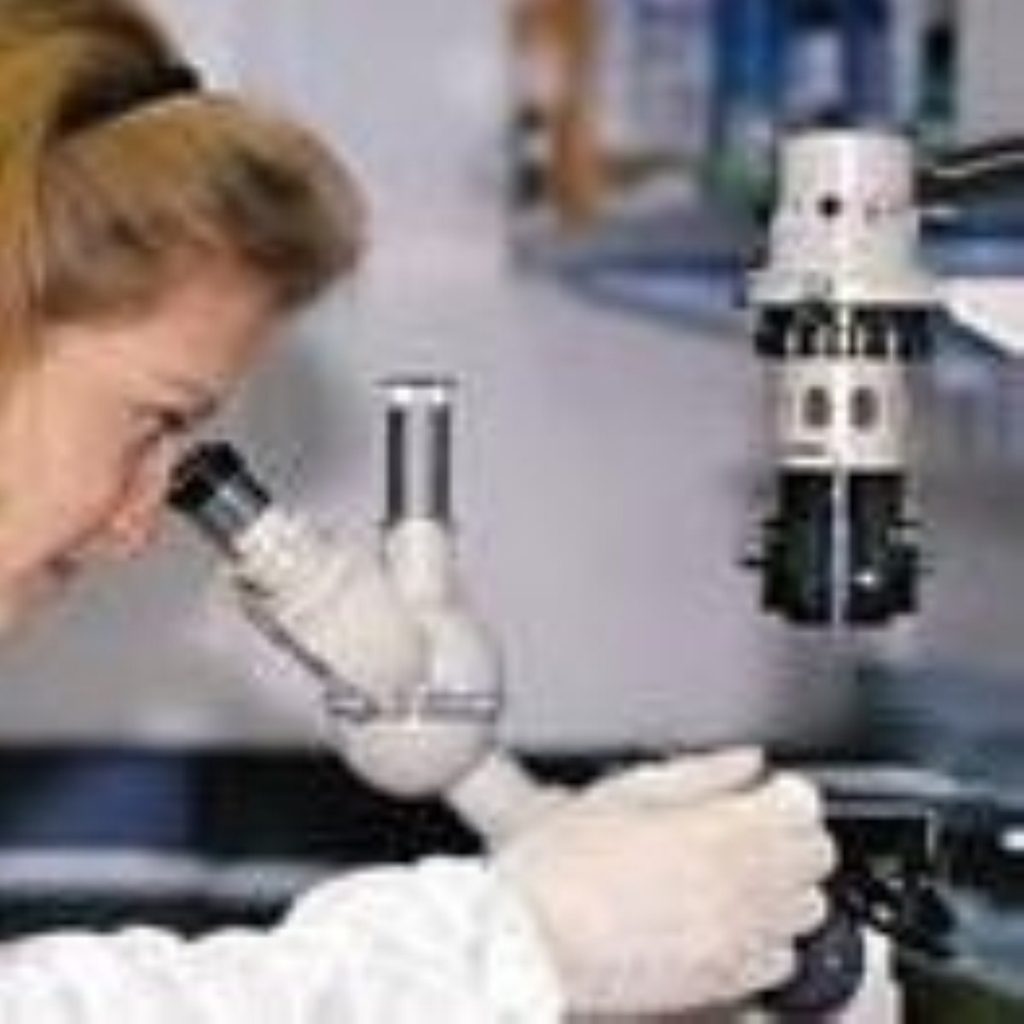Treatment tester Nice ‘needs remedy’
Assessment practices at the body responsible for deciding which treatments should be used by the NHS have come under attack from MPs.
The Commons’ health committee calls for changes to the National Institute for Health and Clinical Excellence (Nice) in a report published today, saying the threshold deciding whether a treatment is cost-effective is of “serious concern”.
According to today’s report Nice does not tackle a sufficiently broad range of topics, place enough emphasis on disinvestment or consider the wider economic benefits to society during its evaluation process.
The report also attacks Nice evaluations for not making the most of expert input, saying Nice often does not have enough information to make a full assessment.


Despite these problems health committee chairman Kevin Barron said Nice fulfilled a “vital role” in “difficult circumstances”.
“While the committee has raised concerns about aspects of how Nice does its job, we have confidence that the institute can respond effectively to our recommendations,” he said.
“It is essential that Nice is left to do its job without ministerial interference; at the same time, it must have the support of ministers when it makes difficult decisions.
Nice and the Department [of Health] must work together to ensure the effective rationing of the NHS’s limited budget.”
Responding to the report, Nice chief executive Andrew Dillon said he welcomed the “broadly positive” report, while chairman Professor Sir Michael Rawlins noted the recommendation that all new drugs be considered.
“We will need to work closely with our stakeholders and the Department of Health to discuss the feasibility of achieving this,” he said.
Nice was established in 1999 to help allocate the NHS’ resources as effectively as possible.
Prime minister Gordon Brown said “embracing technological change” was one of the biggest challenges facing the 21st century NHS in his speech on reforms to the organisation earlier this week.









